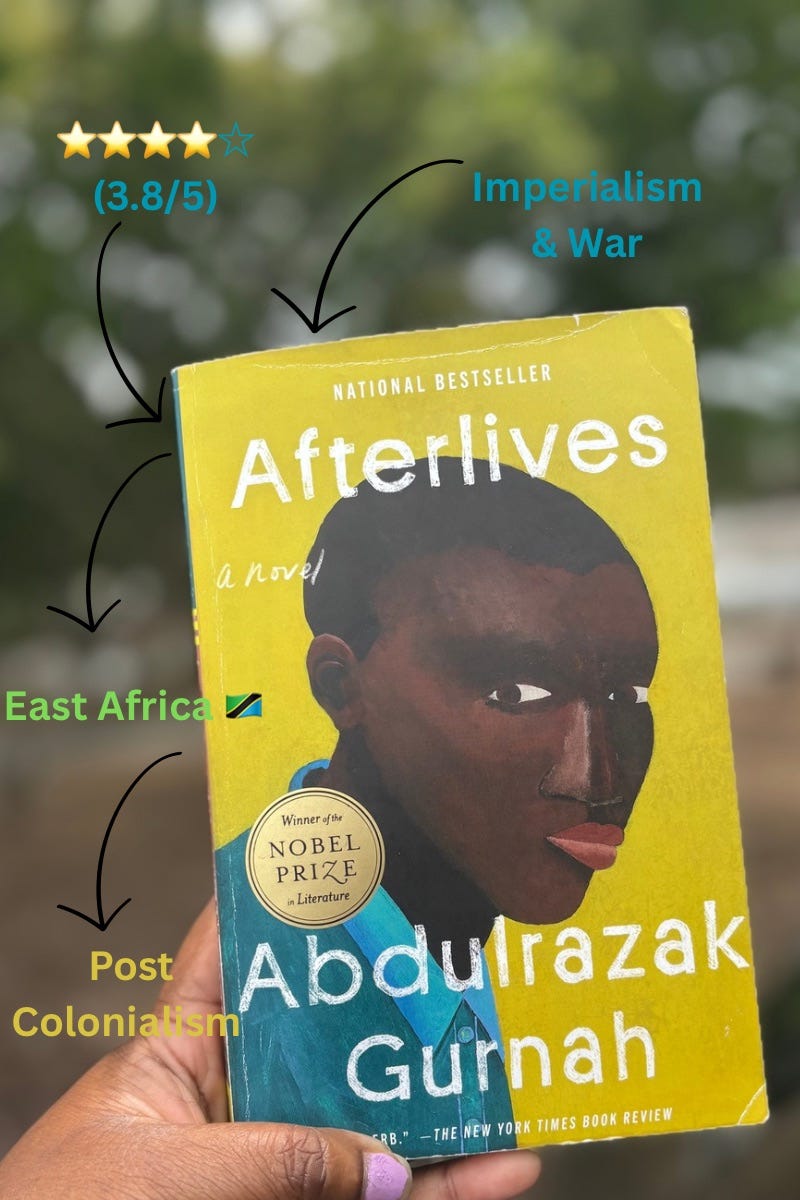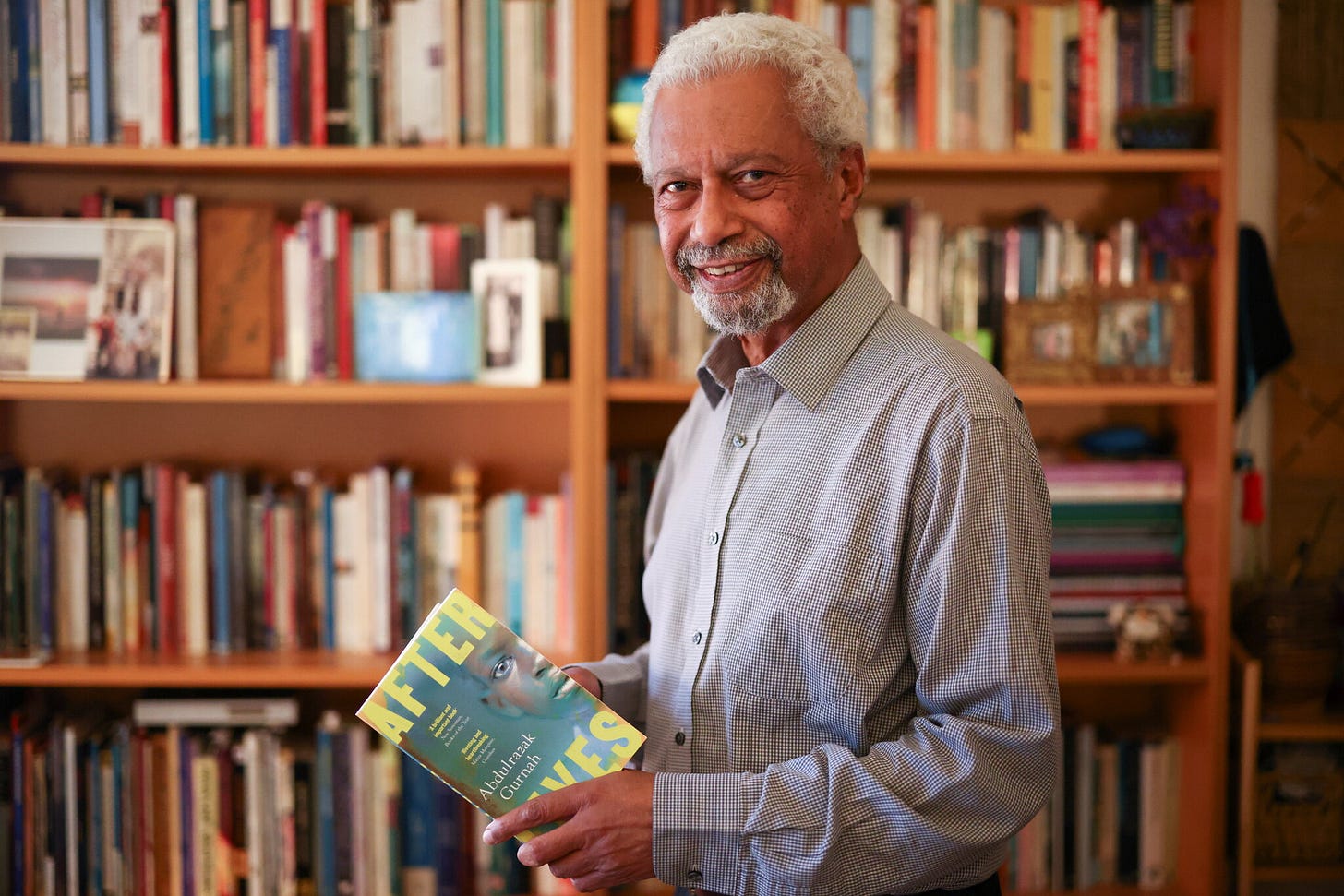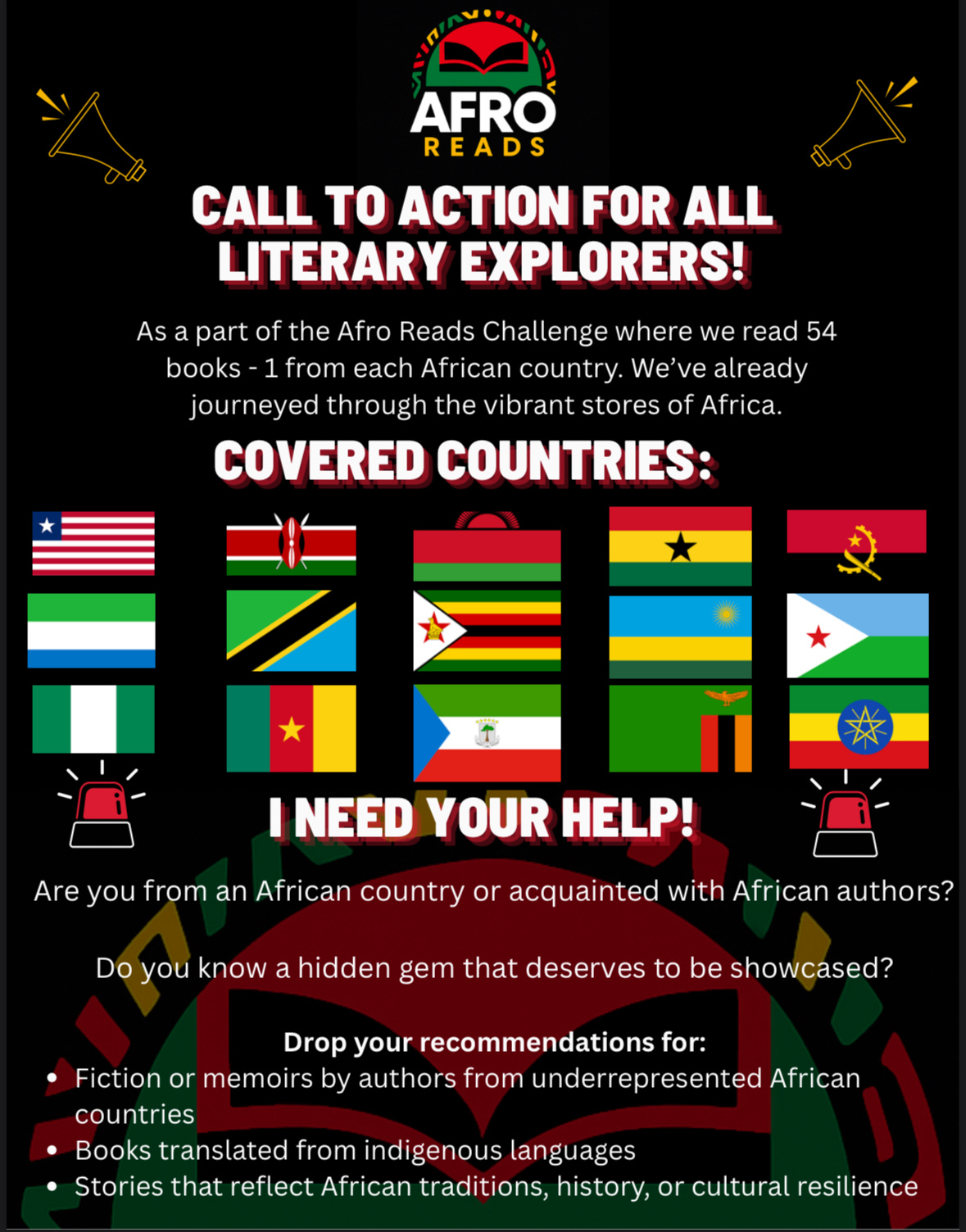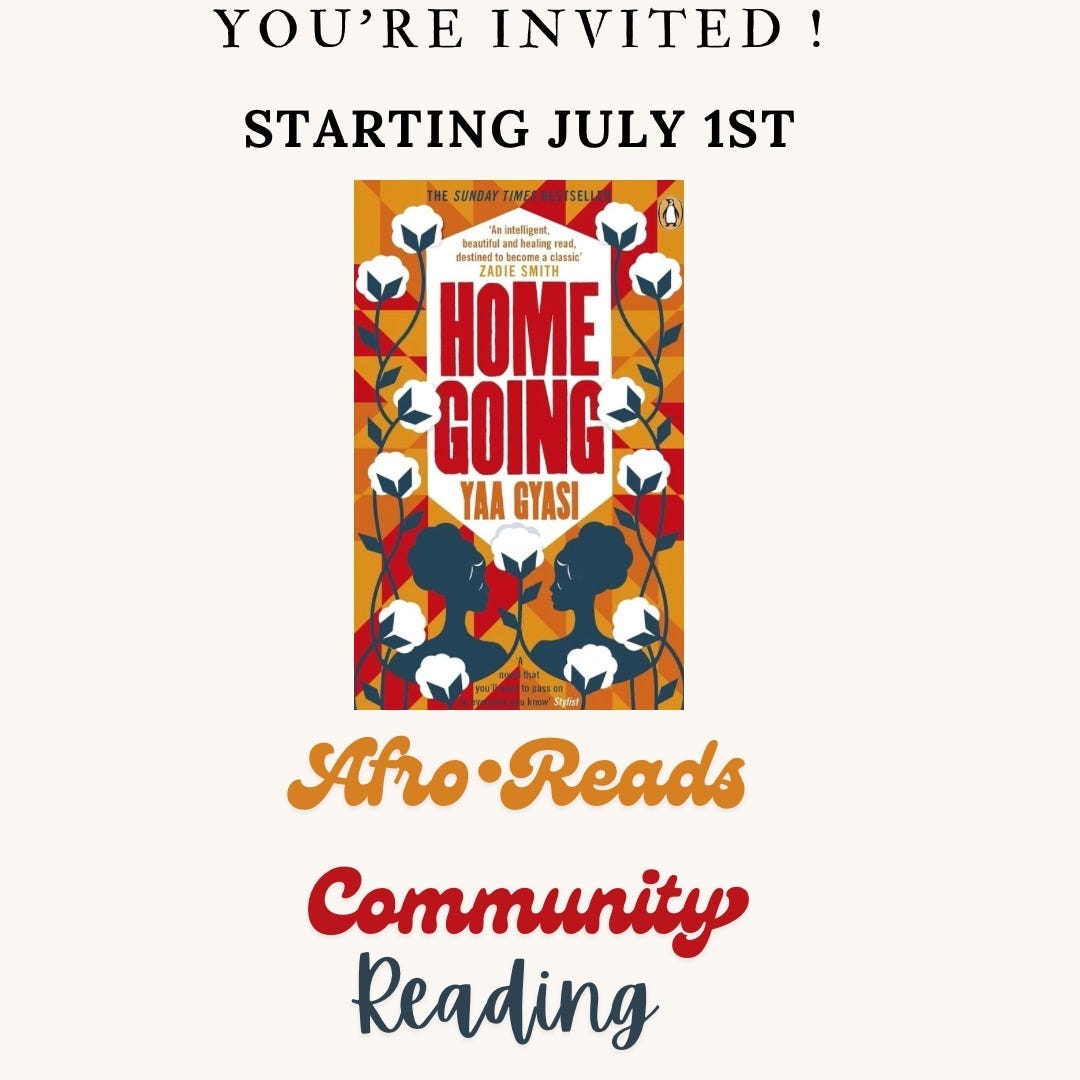Let me keep it real, this is one of those books that led me to question how would I write this review, because though I did like the book, it was yet a difficult read.
This is not to discourage anyone from reading this author or novel because I’m not dismissing the author nor his writing style. I will read it again for better understanding when I am in a different space. Despite my feelings, I cannot take away the fact that this is much needed literature.
This is historical novel, set in East Africa during the late 19th and early 20th centuries. During the time of Germany’s colonial rule and the World War 1. Through the lives of the main characters: Khalifa, Ilyas, Afiya, and Hamza, the author tells a deeply human story of survival, love, trauma, and the lingering scars of imperialism.
The novel opens with Khalifa, a bookkeeper who is mixed with African (mother) and Indian (father) heritage, who uses his Indian heritage to get him through his successes in life.
Afiya, a young girl rescued from her guardian’s abuse by her long lost brother Ilyas. Ilyas is returning to what he remembers as home, when has just returned from war. The text suggest he was most likely kidnapped as a young child by the Germans, though their parents figured he had just run away.
As an adult he is fluent in German, loyal to the colonizers, and seemingly disconnected from his past and his community, including his sister, whom he eventually leaves behind to fight yet again on the side of the Germans. Before his departure he had befriended Khalifa, his sister ends up being his adopted daughter.
Hamza, a former soldier forced into brutal service for the German army, come into focus as the narrative shifts across time and trauma. (This is where I got confused). After he is dismissed from his duties he wonders aimlessly. He meets Khalifa, though they are not on good terms at first for Hamza is too ashamed of his past and it conflicts his new reality. Khalifa feels sympathy for him, and offers him help. From there he meets the beautiful Afiya, despite their wounds and trauma they grow close and their union can be seen as a rebirth, not a dramatic happy ending.
Lastly, before one reads this novel it is important that you only read this book, not two or three at a time like I did (ooppss)! Gurnah’s writing is meant to be savored and cherished, without another occupying that space.
I had to keep up with time, in a sense. As the book progresses so does time. My mind was still stuck in one part of the book when we had long left. Exploring East African literature is newer to me than those on the West Coast, as I stated in my previous book review. So there is much unspoken history that needs to be resurfaced. The German’s dirty deed did not only consist of the extinction of Jews. We’re talking WW1, which also isn’t discussed enough because the black presence African American and colonial Africa played a pivotal role during this fight.
Also, when the hardcopy isn’t doing it for you, there is not shame in listening to the audiobook (that counts as reading too). I listened to the audiobook for the last half of the book and I enjoyed it better.
Quotes 💭
‘This is between two violent and vicious invaders, one among us and the other to the north. They are fighting over who should swallow us whole.’
‘You could tear this page out of human history and it would not make a difference to anything’
‘The askari left the land devastated, its people starving, and the dying in the hundreds of thousands, while they struggled on their blind and murderous embrace of a cause whose origins they did not know and whose ambitions were vain and ultimately intended for their domination.’
‘Grief reduces resistance’
Reflective Questions 🙋🏾♀️
How does Afterlives challenge traditional European-centered narratives of World War I?
In what ways do characters like Hamza and Afiya reclaim agency over their lives despite the violence of colonial rule?
How does silence function as both a form of survival and a source of tension throughout the novel?
What does the novel say about “afterlives”—not only of people, but of histories, empires, and traumas?
About the Author 💡
Abdulrazak Gurnah is Tanzanian, born in Zanzibar, but moved to Britain as a refugee during the Zanzibar Revolution. In 2021 he was awarded the Nobel Prize in Literature for ‘Afterlives’. With this being his 10th novel, and him not having a global wide readership, it was unexpected. He is not discouraged in writing novels which explore the effects of colonialism and the fate of refugees during displacement from their motherland.
This novel was first released in 2020 only in Britain and a year later is when he gained the recognition he deserved. This award has not been one by a black person since Toni Morrison in 1993.
He is Emeritus Professor of English and Postcolonial Literatures at the University of Kent. Yes, he is still writing, the latest novel, Theft published in March of this year.
Reminders:
We have many more countries to explore, I have not even scratched the surface of the African writer talent!
2.
Afro Reads: Beyond the Books Podcast







